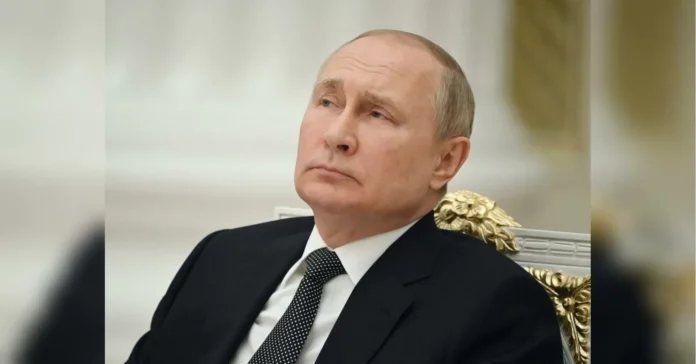Foreign companies and banks, including those in the PRC, are becoming increasingly reluctant to conduct transactions with Russians due to concerns over secondary Western sanctions.
Since the implementation of Western sanctions on Russia in 2014, many foreign companies and banks have been hesitant to enter into business with Russian individuals and entities. This is because secondary sanctions imposed by the US, EU, and other Western countries have the potential to target non-Russian companies and banks for doing business with sanctioned Russian entities, even if the transactions are not directly related to the sanctions.
This fear has only intensified in recent years, as the US government has significantly expanded its use of secondary sanctions to target Russian individuals and businesses. For example, in 2018, the US imposed sanctions on Russian oligarch Oleg Deripaska and his companies, including the world’s second largest aluminum producer, Rusal. These sanctions caused panic among global companies and banks who were doing business with Deripaska and his companies, as they faced the possibility of being cut off from the US financial system.
As a result, many foreign companies and banks have started to distance themselves from Russian customers. This trend is particularly noticeable among Chinese companies and banks, who have traditionally had strong economic ties with Russia. According to a recent Reuters report, Chinese banks have reduced their lending to Russian companies and individuals by nearly 50% since the introduction of secondary sanctions. It is estimated that Chinese banks have cut their exposure to Russia by $1.5 billion in the first half of 2019 alone.
The growing reluctance of foreign companies and banks to conduct transactions with Russians is not only a result of the fear of secondary sanctions, but also the increasing reputational risk associated with doing business with Russian individuals and entities. The ongoing political tensions and allegations of Russian interference in Western elections have led to a negative perception of Russia in the international community. This has made foreign companies and banks wary of being associated with Russian customers, as it could damage their reputation and jeopardize their business relationships with other countries.
The consequences of this trend are far-reaching for the Russian economy, which heavily relies on foreign investment and trade. With limited access to international financing and partnerships, Russian companies are facing challenges in expanding their businesses and driving growth. This is also having a negative impact on the Russian people, who are facing a lack of competition and limited access to high-quality goods and services.
To address this issue, the Russian government needs to take decisive action to improve its relationship with the West and address concerns over its behavior. This includes addressing the allegations of interference in other countries’ elections and resolving ongoing conflicts, such as the one in Ukraine. By demonstrating a commitment to international norms and principles, Russia can regain the trust of foreign companies and banks and attract much-needed investment and business.
Furthermore, the Russian government must also create a more favorable business environment for foreign companies and banks. This includes implementing measures to fight corruption and improve the rule of law, as well as providing more transparency and predictability in its policies. These steps will not only help to alleviate concerns over secondary sanctions, but also make Russia a more attractive and stable market for foreign companies and banks to do business in.
In conclusion, the increased reluctance of foreign companies and banks, including those in the PRC, to conduct transactions with Russians is a result of the fear of secondary sanctions and reputational risk. This trend has serious implications for the Russian economy and must be addressed by the Russian government. By taking meaningful steps to improve its relationship with the West and create a more favorable business environment, Russia can attract foreign investment and strengthen its economy, benefiting both its citizens and the international community at large.

